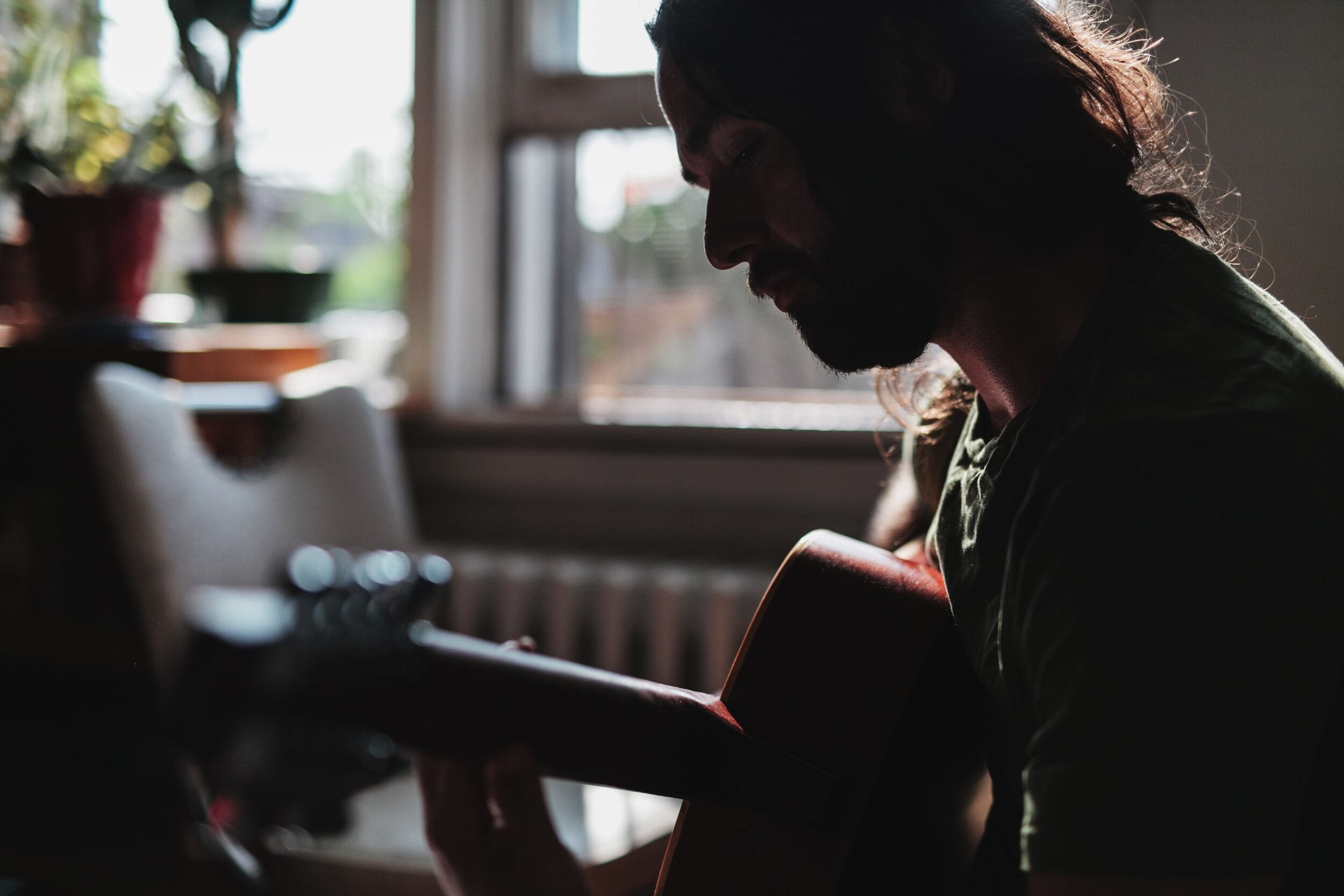
Theory and Ear Training
Music theory is the study of how music ‘works.’ It identifies the basic elements of music and examines how they interact to produce the music we hear. Ear training is the practical application of music theory. We work on ear training to be better musicians and to better understand what we are hearing.
“After silence, that which comes nearest to expressing the inexpressible is music.”
Why study music theory?
Don’t even get me started on how cool music theory is! My earliest memories include thinking about the music I was hearing and wondering ‘why?’ I was 2 or 3 years old, and Merv Griffin was on the TV. His jazzy opening theme featured trumpets screaming a slow soaring melody above a deep rhythm section accompaniment. For much of the tune, the trumpets hovered a major 7th above the bass line. That rocked my toddler world, because that note seemed radically out of place next to the simple children’s songs I knew. And yet the dissonance seemed perfectly calculated to express something…sophistication, entertainment, Hollywood? Music is endlessly fascinating. There is a subtle yet powerful system of laws, ratios, and rules that govern sound, and the more we understand this system the more adept and creative we can be with music. Not to mention it’s just plain fun to take apart a piece of music and examine it from every angle. Plus, understanding the basic tools of music makes it easier to both write music and play by ear.
Why learn to play by ear?
There are lots of ways to study music. Learning to read musical notation well is an essential skill, but I would argue that developing a good ear for music - and putting that ear to practical use by regularly working on ‘playing by ear’ - is just as important. Playing by ear means that you listen to a tune, identify the different musical elements: melody, harmony, and time (or rhythm), and re-create it at the piano (or guitar, or other instrument). I first learned to play piano by ear as a toddler, since I wanted to imitate what I was hearing but wasn’t yet able to read music. For me it came easy and naturally…I’m lucky. But no matter your musical background, you can develop the ability to play by ear too. I include some ‘playing by ear’ training in all of my piano lessons, and I have some students who work with me specifically on playing by ear and arranging. This is truly one of my favorite things to teach. If this is your area of interest, let’s have fun together as you learn to unlock your innate musical skills!
How do theory lessons work?
Lessons in music theory, ear training, and/or playing by ear and arranging are 60 minutes in length or longer by request. Lessons of at least an hour give us the necessary time to cover important musical concepts and have plenty of time to listen and analyze the music you are working on. For theory lessons, our course of study is mostly driven by your musical interests and goals. What most interests you? Understanding the music you love to listen to or creating your own? Taking tunes you love and being able to play them without sheet music or making your own arrangements and transcriptions? I would love to find out what inspires and excites you and to help you on your musical journey. Click below to contact me about rates and availability.


